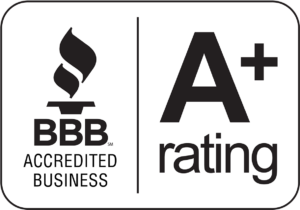What exactly is the new Fiduciary Rule and how does it affect you as an investor? What about your self-directed IRA?
As Custodian for self-directed IRAs Preferred Trust Company does not provide any investment advice. All investments are selected and directed by the client for the benefit of their IRA. Preferred Trust Company acts in the capacity of passive Custodian therefore the new rule has little to no effect on Preferred Trust Company or how their clients select investments.
The rule may affect you if you have a retirement account that is being managed by a financial advisor or RIA. The covered retirement plans include Defined-contribution plans such as 401(k) plans, SEP plans, Simple IRAs, Defined-benefit plans and IRAs. The rule is an expansion of the “investment advice fiduciary” definition under the ERISA (Employee Retirement Income Security Act) of 1974. In regard to the new DOL Fiduciary Rule – it does not directly affect Preferred Trust Company. The rule goes into partial effect on June 9th, 2017 with full implementation scheduled for January 2018. It does not appear that the DOL is enforcing any part of the rule until that point. The rule is directed at financial advisors – essentially making them fiduciaries. As such, fiduciaries must comply with “impartial conduct standards” – meaning they must give advice that is in the best interest of the investor. They also must not charge more than what is considered reasonable compensation for their services – and, they must not mislead the investor in any way. It leaves no room for advisors to conceal any potential conflict of interest and states that all fees and commissions must be clearly disclosed in dollar form to clients. Under the new rule they can still recommend proprietary products and receive commissions however they must provide clients with a disclosure agreement called a ‘Best Interest Contract Exemption’ (BICE) in circumstances where a conflict of interest could exist.
There are certain circumstances when the Fiduciary Rule does not apply. If a customer contacts a financial advisor and requests specific product or investment information that does not constitute financial advice. Advisors can also provide education to their clients such as general investment advice based on a person’s age or income. This does not constitute financial advice.
Having a conversation with your FA or RIA regarding the rule is a good way to let them know you are aware of the rule and to also make certain they are on board with the changes that will affect the way they handle your retirement accounts.


